Everywhere we look, we’re exposed to scenes of Hollywood superstars in peak athletic form—jumping out of helicopters, fighting supervillains, and running away from danger. These men seemingly defy physical age norms, with washboard abs at 50, and pythons for arms at 67. So what’s the secret?
Besides the usual movie magic, great physical health is often dictated by hormonal health. And for men, that means having optimal levels of testosterone. In this blog, we’ll dig into the importance of testosterone and how an imbalance can negatively impact men’s health. But first…
What is testosterone?
Testosterone is the hormone responsible for the development of male reproductive organs, muscle mass, bone density, and sexual function. Aside from the roles it plays in physical and sexual health, testosterone also maintains mood, motivation, and energy levels.
Testosterone production typically peaks around puberty and stays in the optimal range until around 30, when it starts to gradually decline by 1-2% per year. By the late 30’s and early 40’s, some men will begin to see signs of lowered testosterone—such as weight gain and muscle loss—unless they’ve actively maintained their levels.
How is testosterone made?
First, your hypothalamus releases gonadotropin-releasing hormone (GnRH), which triggers your pituitary gland to release luteinizing hormone (LH). LH then travels down to the gonads and stimulates the production and release of testosterone. Your pituitary gland then releases follicle-stimulating hormone (FSH) to cause sperm production.
To reiterate, your hypothalamus is the control centre, which works in tandem with your pituitary gland to control the amount of testosterone your testicles produce and release. If there are any issues with your hypothalamus, testicles, or pituitary gland, it can result in low levels of testosterone.
How do I know if I have low testosterone?
It’s common for low testosterone to go overlooked for years, with symptoms easily confused with those of general stress or burnout.
Some of the most common symptoms are:
- Decreased energy
- Lower muscle mass
- Higher body fat
- Lethargy and fatigue
- Reduced sex drive and libido
- Irritability
- Depression
- Erectile dysfunction
- Delayed ejaculation
- Difficulty concentrating
If you’re experiencing any of these symptoms, it’s definitely worth reaching out to your healthcare practitioner for a detailed blood test.
Helpful blood markers to test:
- LH (luteinizing hormone)
- FSH (follicle stimulating hormone)
- SHBG (sex hormone binding globulin)
- DHEA (dehydroepiandrosterone)
- Free testosterone
- Total testosterone
- Thyroid
- Cortisol
- Prolactin
What to do about low testosterone
Now that you know some of the signs and how to test for it, let’s talk about how to flip the switch on low testosterone. Fortunately, there are several things you can do today to bump your numbers up naturally and get into peak physical shape.
Nutrition
What we put in our bodies has a direct effect on testosterone production. Our glands require minerals like zinc and magnesium to operate smoothly, while our leydig cells (androgen hormones) require sufficient amounts of cholesterol and protein to build testosterone.
By focusing on nutrient dense foods that are rich in amino acids and minerals—like quality red meat, oysters, and organs—we can set our hormones up for success. In addition, eating plenty of cruciferous vegetables—like broccoli, cauliflower, and cabbage—can help to detox excess estrogen from the body and further turn up the dial on testosterone.
There’s also a growing body of literature to suggest that testosterone plays a major role in reducing body fat by regulating insulin and encouraging fat metabolism.
Weight training
Exercise is crucial for hormone production. More specifically, lifting heavy weights or high-intensity interval training (HIIT). Workouts that cover large muscle groups are associated with higher increases in testosterone with squats, deadlifts, chest and shoulder presses being some of the most impactful.
Of course, everything should be done in moderation. Make sure to leave space for adequate rest between sets and to not push yourself too hard. This may result in a negative stress cascade, with too much cortisol being released and testosterone production ultimately being suppressed.
Optimizing sleep and circadian rhythm
It’s undeniable that we don’t feel our best when we don’t get enough sleep. What may not surprise you is that sleep deprivation can drop testosterone levels significantly, even after just one night of interrupted sleep. That’s because testosterone production ramps up shortly after we shut our eyes and peaks during the first phase of REM sleep. Getting enough rest (7-9 hours) essential for healthy hormone levels.
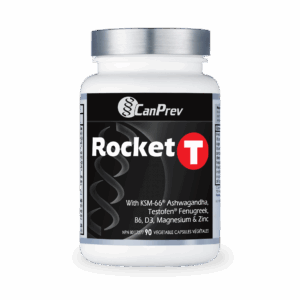 Another important factor is getting to sleep at the right time, because your body runs on a biological clock. Every bodily system runs its program at a specific hour, so if you interrupt that rhythm by eating a late dinner or falling asleep late, it can impact testosterone levels.
Another important factor is getting to sleep at the right time, because your body runs on a biological clock. Every bodily system runs its program at a specific hour, so if you interrupt that rhythm by eating a late dinner or falling asleep late, it can impact testosterone levels.
Supplements
With the depletion of nutrients from our soil, microplastics polluting the water, and the stresses of modern living, our hormones are constantly being put to the test. Because of this, we developed a line of men’s formulas to help support healthy hormone production.
Rocket T is designed to promote healthy testosterone levels to help enhance athletic performance, support muscle growth and sex drive. Featuring Testofen®, a patented form of fenugreek clinically proven to boost testosterone production, KSM-66® ashwagandha, and key vitamins for increased resistance to stress and anabolic hormone production.
The path to optimal health isn’t always glamorous. It usually involves getting back to the basics—sleep, nutrition, stress, and exercise. Once you have those covered, consider supplementing to help reach your goals faster.
Sources:
Low testosterone male hypogonadism
Low testosterone explained: how do you know when levels are too low
How to increase testosterone naturally
The dark side of testosterone deficiency: Type 2 diabetes and insulin resistance
Testosterone and sleep
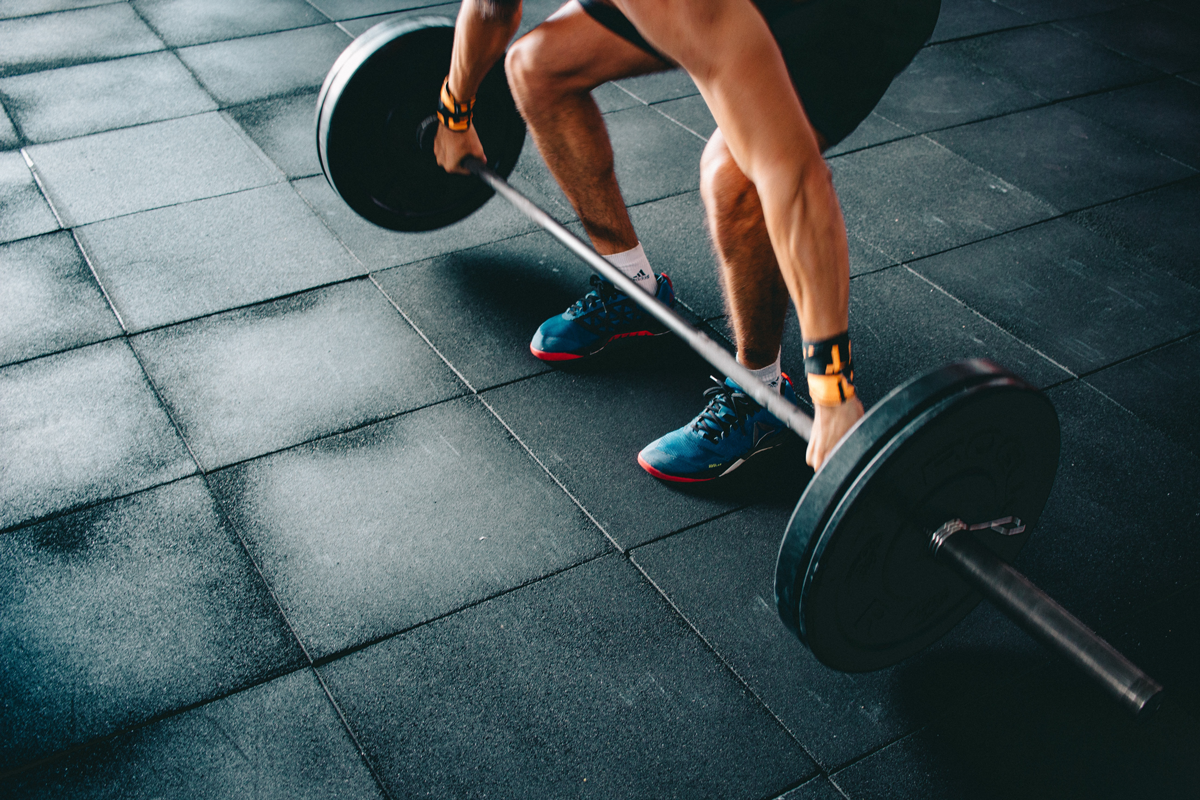
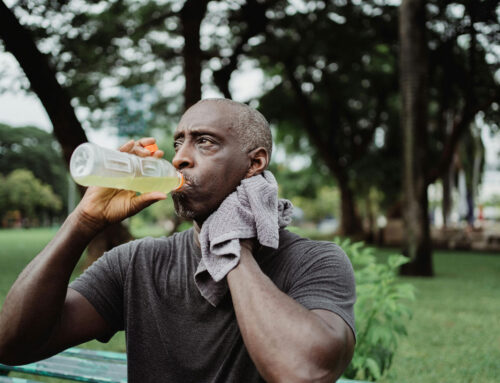
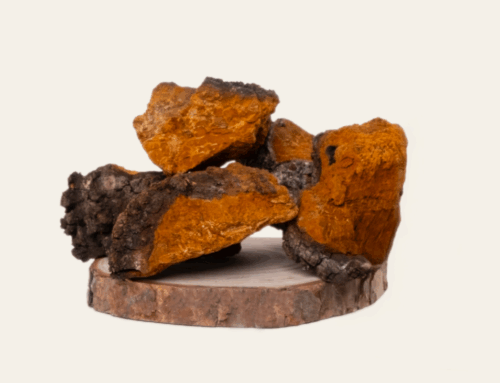


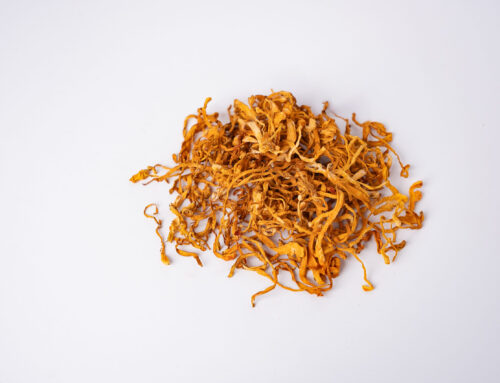

Leave A Comment